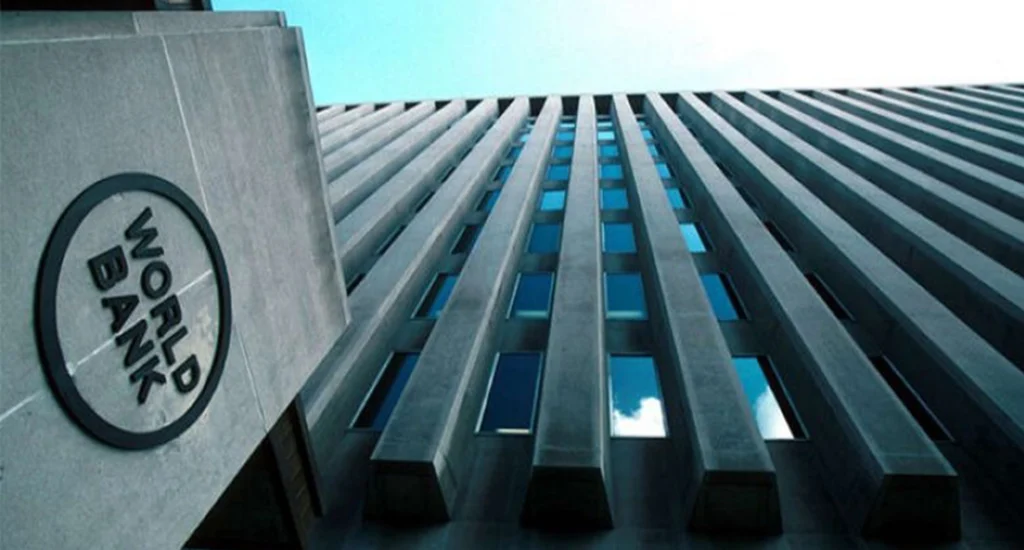World Bank Criticizes Pakistan's Tax System as Highly Unfair and Absurd
- Sara Habib
- April 17, 2025
- 2:55 pm
- 47
- Business

The World Bank criticizes Pakistan’s tax system as highly unfair and absurd. The World Bank says that Pakistan’s tax system puts a heavy burden on the salaried class. It urges the government to make reforms to ensure fairness and transparency. Expanding the tax base is key.
Tobias Haque, the World Bank’s lead country economist, spoke at a conference held by the Pakistan Institute of Development Economics (PIDE). He said, “Only five million people out of 240 million in Pakistan file tax returns.” He called this “absurd,” saying it is wrong that so few people contribute to the country’s tax revenue.
The World Bank criticizes Pakistan’s tax system for relying too much on the General Sales Tax (GST). This system brings in a lot of revenue, but Haque pointed out that it is regressive. It is unfair, especially to salaried people. He suggests expanding the tax base to include untaxed income streams like property.
Nadeem Javaid, the Vice Chancellor of PIDE, agreed with Haque. He also spoke about problems with Pakistan’s public spending. Javaid revealed that 40% of the development budget is lost through commissions. He said, “No bill is cleared without a 5% to 7% commission.” These commissions hurt the integrity of the system.
Haque also praised the introduction of Agriculture Income Tax (AIT) by provincial governments. However, he said it was just a small step forward. He believes the property sector must be taxed too. For this to work, property transactions need accurate documentation.
Dr. Ali Salman, Executive Director of the Policy Research Institute of Market Economy (PRIME), called for a simpler tax system. He pointed out that Pakistan has 88 withholding taxes. He said that 45 of them bring in less than Rs 1 billion each year. Even though the country collects Rs 1.2 trillion from these taxes, the system is still too complex.
Haque also discussed digitizing Pakistan’s tax system. He said digital tools could make the system more efficient and transparent. But political resistance, outdated legal frameworks, and lack of coordination between institutions are major challenges.
In addition to tax reforms, participants said Pakistan needs to update its labor laws. They also suggested introducing performance-based incentives. These steps could help rebuild trust in the system. Experts agree that these changes will make the tax system fairer.
Despite the challenges, experts believe Pakistan can improve its tax system with the right reforms. The World Bank criticizes Pakistan’s tax system as an important issue for these changes. If the reforms are made, the unfair burden on the salaried class could be reduced. But political will remains a key challenge. The World Bank’s call for reform comes at a critical time. Pakistan’s fiscal stability depends on expanding the tax base and improving transparency.



